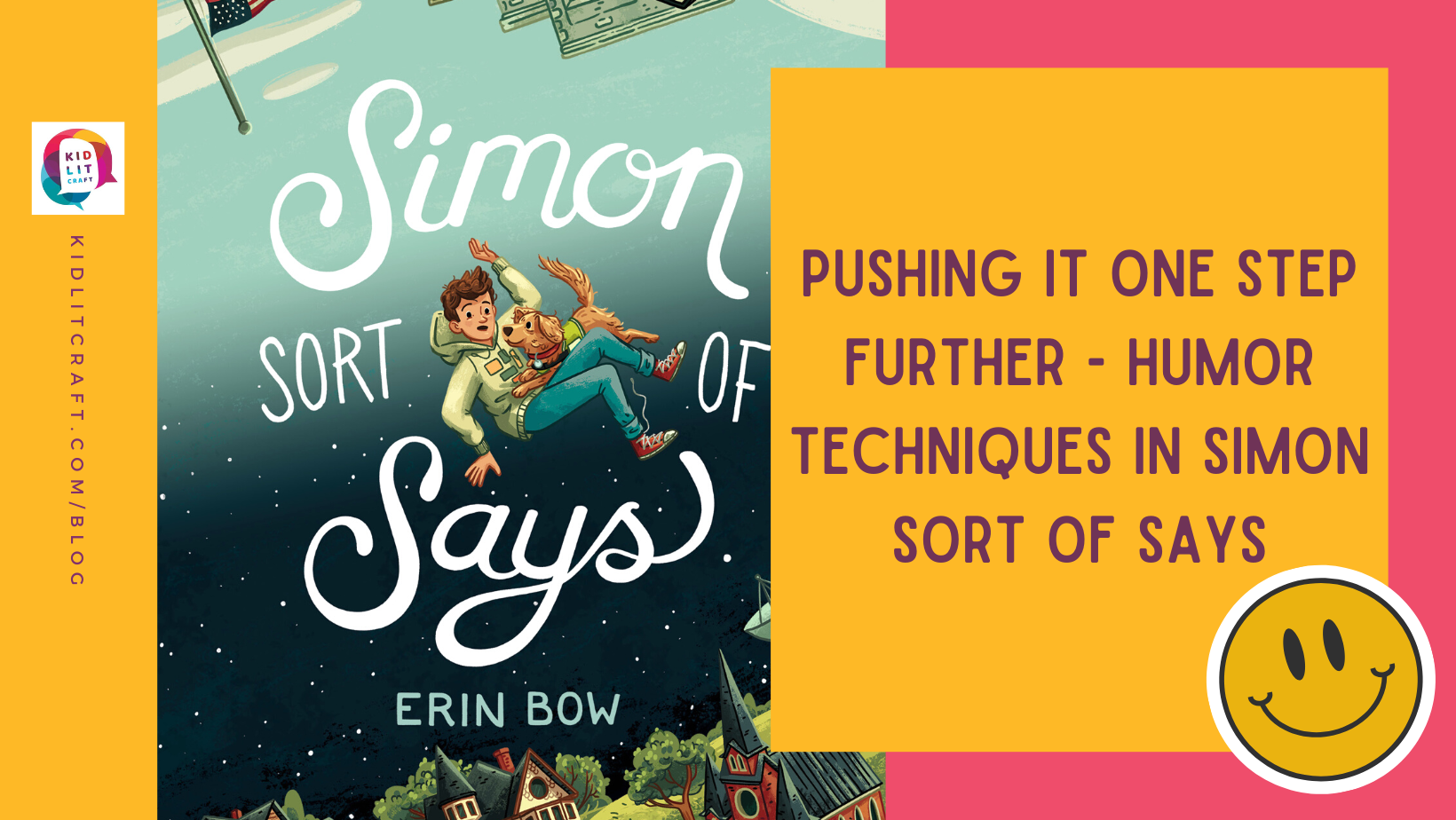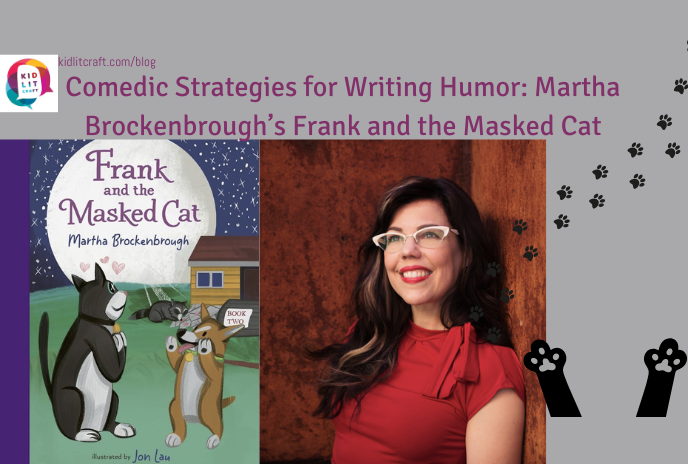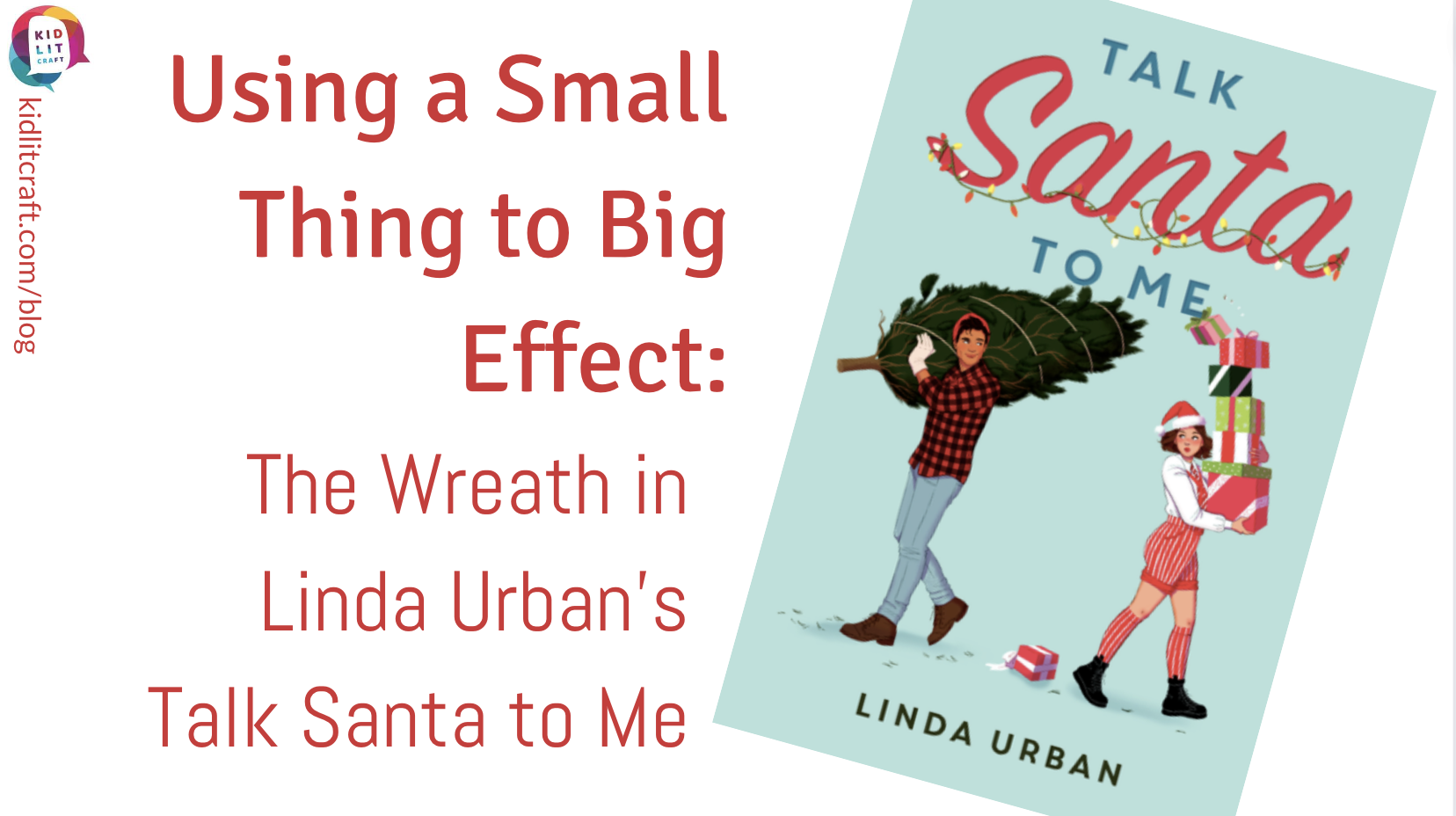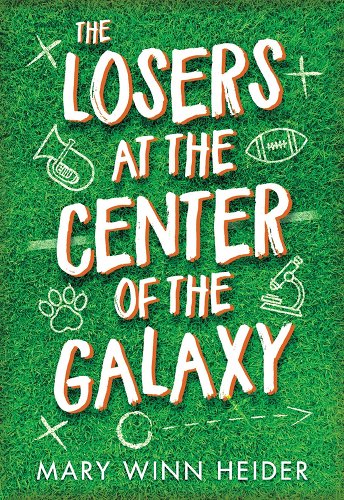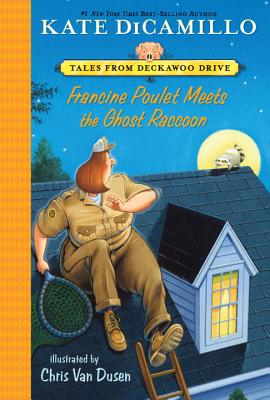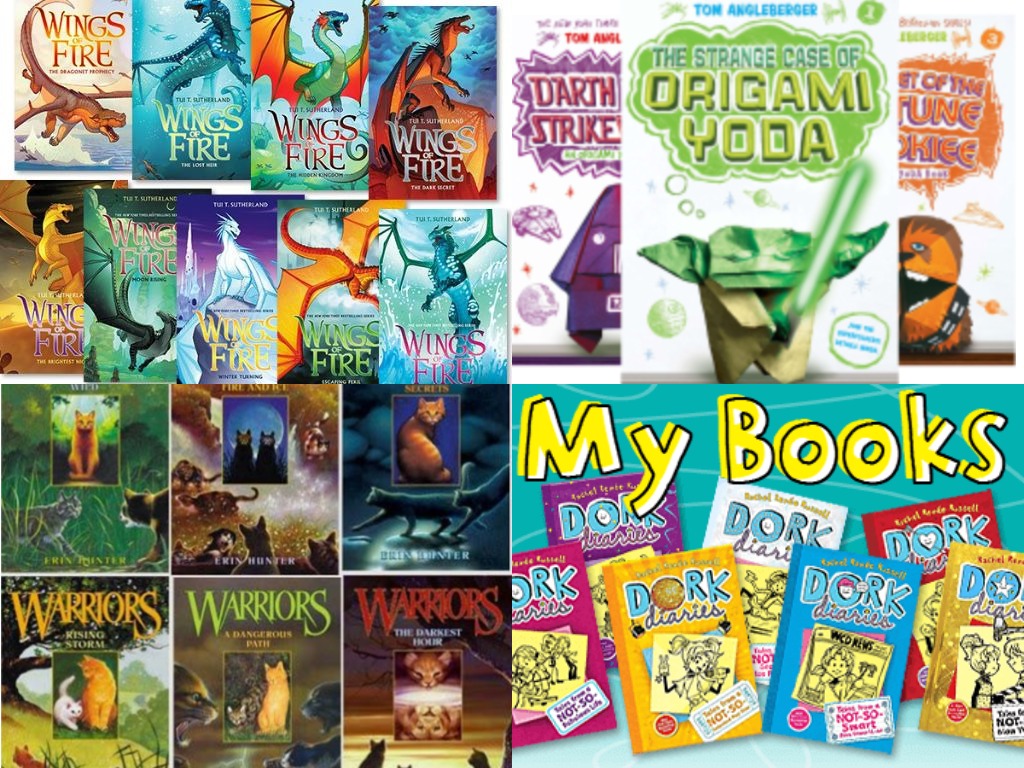hello!
JOIN US IN EXPLORING OTHERS' CRAFT AND BUILDING OUR OWN
At risk of making Martine’s humor less funny, we take apart the humor in Buffalo Flats, from set-ups and punchlines to adding a funny twist, from individual sentences to full subplots. Links: KidLit Craft website Martine Leavitt’s Buffalo Flats Laurel & Hardy, “Chickens Come Home” Pizza Pirate This is Us The KidLit Craft Podcast is […]
Simon Sort of Says is my new favorite middle grade novel, a laugh-aloud story about the sole survivor of a mass school shooting. Did I just put the words laugh aloud and school shooting in the same sentence? I did. And I meant it. This isn’t just a book with a kid with a snarky tone. Or a great voice. This is a book that’s so funny I snorted. Humor and warmth are the undercurrent of this book. Simon and his family deal with events with humor. Simon connects with new friends through jokes and laughter. Ultimately, their connections and their ability to keep laughing helps them in the healing process.
Martha Brockenbrough’s chapter book Frank and the Masked Cat is objectively hilarious. By using situational humor, weird words, the juxtaposition of familiar words with unfamiliar uses, repetition, and multiple strategies at the same time Brockenbrough gives readers many layers of witty comedy.
Linda Urban’s stories are studded with angst, anguish, and hope, as well as problems, pathos, and humor. She is stellar at structuring stories so that something small, seemingly insignificant, becomes the integral to the climax and the protagonist’s understanding of the situation. In Talk Santa To Me, surprisingly, it’s a gaudy silver Christmas wreath that takes this hefty role.
Empathy has its drawbacks, especially when reading the news, but on the plus side, I think it helps me create deeper characters. The secret for creating unforgettable characters is to give them impossible choices.
If you’d like a lesson in the unexpected you’d be hard-pressed to find a better model than Losers. Instead, we’re going to look at how despite (or with the assistance of) all the silly, Heider is able to put an ache and a depth into the stories of Winston and Louise.
“The biggest leap for me in my writing life happened when I got comfortable with failure. I wrote some disastrous things in grad school. But before that, my writing had gotten stagnant because I was too anxious about getting it right all the time. Allowing myself to fail gave me the freedom to take risks and make mistakes. Those mistakes, in turn, taught me how to write the way I want to write.”
Schmidt uses repetition throughout Orbiting Jupiter to evoke emotions in his readers.
guest post by Jackie Friedman Mighdoll When you do a library search for books in the category “Kids’ Literature: Humor,” you find a wide range from Appleblossom the Possum through Zombie Butts from Uranus. And the sense of humor in them ranges, too. I’ve been looking for humor tactics for my own writing, so I […]
craft review by Jen Jobart If you gave most kids the choice between unlimited books of a compelling book series and a truck full of candy, it would be a tough choice. Middle grade kids are ravenous readers, and there’s nothing better than a shelf of books that is seemingly never-ending. Usually our discussion group […]
